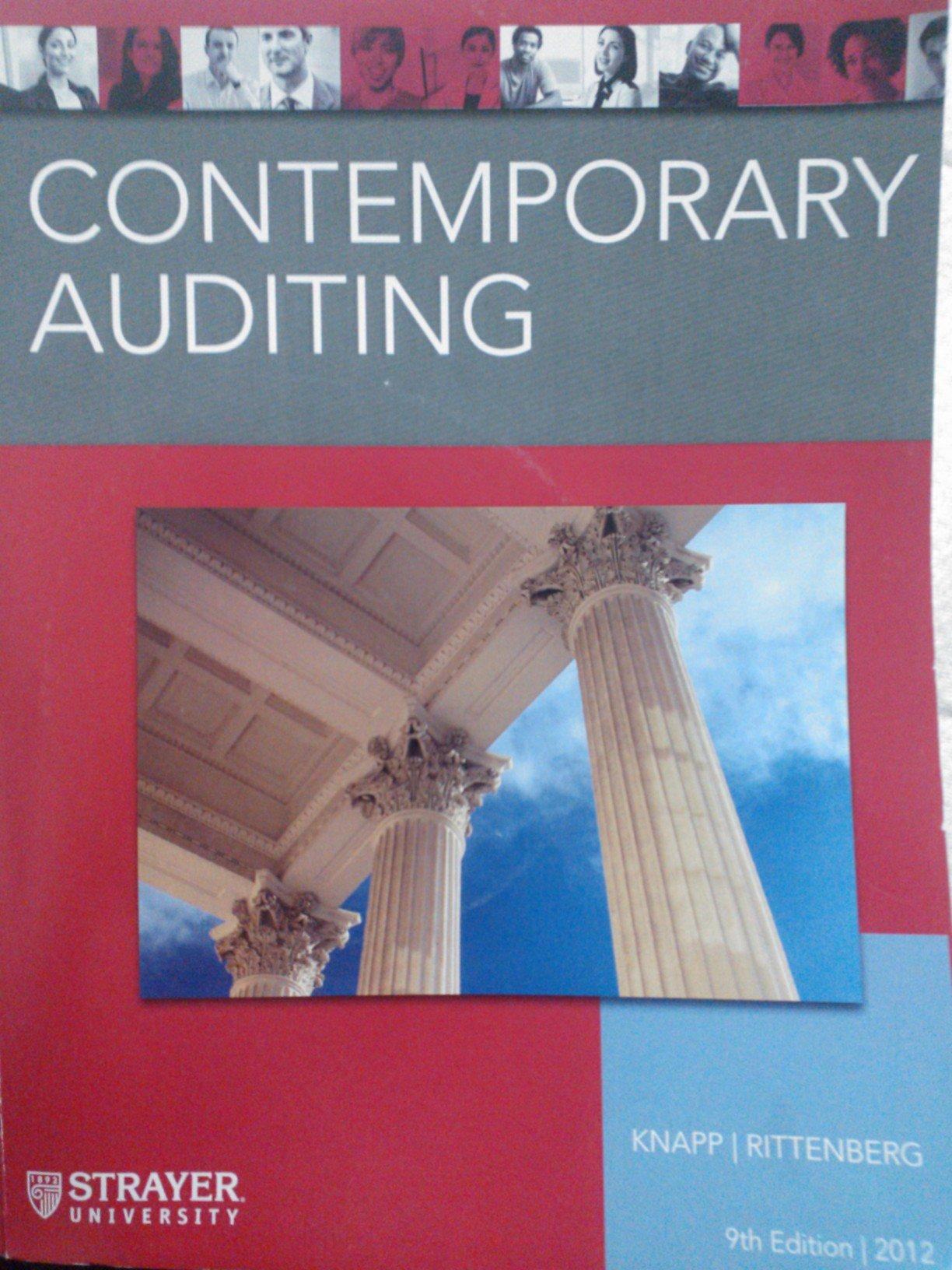Imagine this scenario. A few years after graduating from College of William & Mary, Xavier University, or
Question:
Imagine this scenario. A few years after graduating from College of William & Mary, Xavier University, or Youngstown State University with an accounting degree, you find yourself working as an audit senior with an international accounting firm. Your best friend, Rick, whom you have known since kindergarten, is a special agent with the Internal Revenue Service (IRS). Over lunch one day, Rick mentions the IRS’s informant program.
“You know, Jess, you could pick up a few hundred dollars here and there working as a controlled informant for us. In fact, if you would feed us information regarding one or two of those large corporate clients of yours, you could make a bundle.”
“That’s funny, Rick. Real funny. Me, a double agent, spying on my clients for the IRS? Have you ever heard of the confidentiality rule?”
Sound farfetched? Not really. Since 1939, the IRS has operated an informant program.
Most individuals who participate in this program provide information on a one-time basis; however, the IRS also retains hundreds of “controlled informants”
who work in tandem with one or more IRS special agents on a continuing basis. Controlled informants provide the IRS with incriminating evidence regarding individuals and businesses suspected of cheating on their taxes. In the early 1990s, the IRS revealed that more than 40 of these controlled informants were CPA s.
Now consider this scenario. You, the audit senior, are again having lunch with your friend Rick, the IRS special agent. Rick knows that the IRS is investigating you for large deductions taken in recent years on your federal income tax returns for a questionable tax shelter scheme. The additional tax assessments and fines you face significantly exceed your net worth. Your legal costs alone will be thousands of dollars.
To date, you have been successful in concealing the IRS investigation from your spouse, other family members, and your employer, but that will not be possible much longer.
“Jess, I know this investigation is really worrying you. But I can get you out of this whole mess. I talked to my supervisor. She and three other agents are working on a case involving one of your audit clients. I can’t tell you which one right now. If you agree to work with them as a controlled informant and provide them with information that you can easily get your hands on, they will close the case on you.
You will be off the hook. No questions. No fines or additional taxes. Case closed . . .
permanently.”
“Rick, come on, I can’t do that. What if my firm finds out? I’d lose my job. I would probably lose my certificate.”
“Yeah, but face these facts. If the IRS proves its case against you, you are going to lose your job and your certificate . . . and probably a whole lot more. Maybe even your marriage. Think about it, Jess. Realistically, the agency is looking at a maximum recovery of \($50,000\) from you. But if you cooperate with my supervisor, she can probably squeeze several million out of your client.”
“You’re sure they would let me off . . . free and clear?”
“Yes. Free and clear. Come on, Jess, we need you. More important, you need us.
Plus, think of it this way. You made one mistake by becoming involved in that phony tax shelter scam. But your client has been ripping off the government, big time, for years. You would be doing a public service by turning in those crooks.”......
Questions:-
1. Do CPA s who provide accounting, taxation, and related services to small businesses have a responsibility to serve as the “moral conscience” of those clients? Explain.
2. I n a 1984 opinion handed down by the U.S. Supreme Court, Chief Justice Warren Burger noted that “the independent auditor assumes a public responsibility transcending any employment relationship with the client.” If this is true, do auditors have a moral or professional responsibility to turn in clients who are cheating on their taxes or violating other laws?
3. A ssume that you were Jess in the second hypothetical scenario presented in this case. How would you respond to your friend’s suggestion that you become a controlled informant for the IRS? Identify the parties that would be affected by your decision and the obligations you would have to each.
Step by Step Answer:






